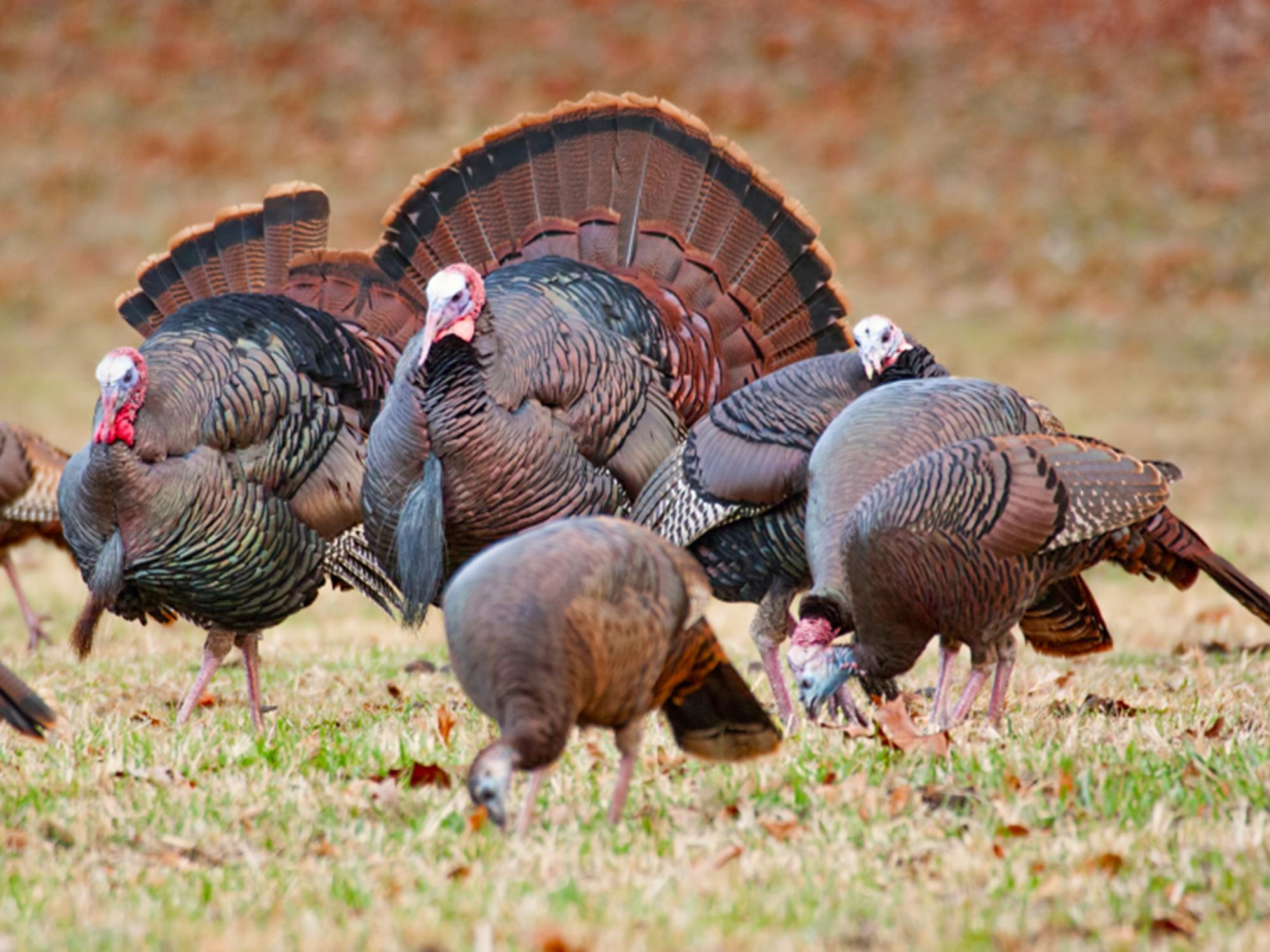Information Possibly Outdated
The information presented on this page was originally released on December 18, 2015. It may not be outdated, but please search our site for more current information. If you plan to quote or reference this information in a publication, please check with the Extension specialist or author before proceeding.
Birds of a feather, drunk skunks enliven literature
STARKVILLE, Miss. -- “Birds of a feather . . .” Can you finish this sentence?
If you answered, “birds of a feather flock together,” you would be right. Wild animals are part of American culture, found in our literature, art and sports team names. Even for those who do not hunt, fish or live in wild places, wildlife may be a part of their lives.
“Birds of a feather flock together” is an example of an idiom, an expression used to communicate a thought or meaning. Many animal-related idioms originate from a time when people were more familiar with livestock, poultry and wildlife. People would use society’s common understanding of animals and their habits to help communicate ideas.
If someone says to you, “You are making a pig out of yourself,” they assume you know about the eating habits of pigs. They also assume you will know that was not a compliment!
For years, people have known that many birds form flocks of the same species. So the expression “birds of a feather flock together” refers to people with the same interests hanging out together.
Many wildlife-based idioms are based on real animal behaviors.
Consider the following examples:
- The Virginia opossum will suddenly fall over and become stiff when scared, leading to the expression, “playing possum.”
- Black bears and polar bears hibernate over winter, so they are “hungry as a bear” when they emerge from their den in the spring.
- Many species of squirrels store or “squirrel away” food, such as nuts and acorns for times when food is scarce.
- Hawks and eagles have eyes that allow them to spot even tiny, mouse-sized prey from long distances. Sherlock Holmes had “eyes like a hawk” because no clue in a crime scene escaped his sight.
- The dodo was a large, turkey-like bird that lived on the island of Mauritius off the coast of Africa. It was not able to fly, which left it easy prey for hungry sailors and the animals that came ashore with them. It has been extinct or “dead as a dodo” since 1662.
Some idioms are not based on real animal biology. Contrary to the expression “drinks like a fish,” some fish do not drink water, or any other beverage for that matter. They get the fluid they need from their food and environment. Bats are not “blind as a bat” and can see in daylight and at night. They feed at night when insect prey is most active, using sound rather than sight to find food.
Not all idioms have meanings that make sense based on the words themselves. If you speak with an English-language learner, you might confuse them if you said, “that car cost me an arm and a leg,” or “I wouldn’t be caught dead talking to that girl!” Some wildlife idioms make no scientific sense either: “the straw that broke the camel’s back,” “drunk as a skunk,” “a kangaroo court,” and “quit cold turkey.” There is certainly nothing true about an alcoholic skunk or kangaroos taking part in the judicial system!
Feel free to send me your wildlife idioms at Leslie.Burger@msstate.edu.

Editor’s Note: Extension Outdoors is a column authored by several different experts in the Mississippi State University Extension Service.





